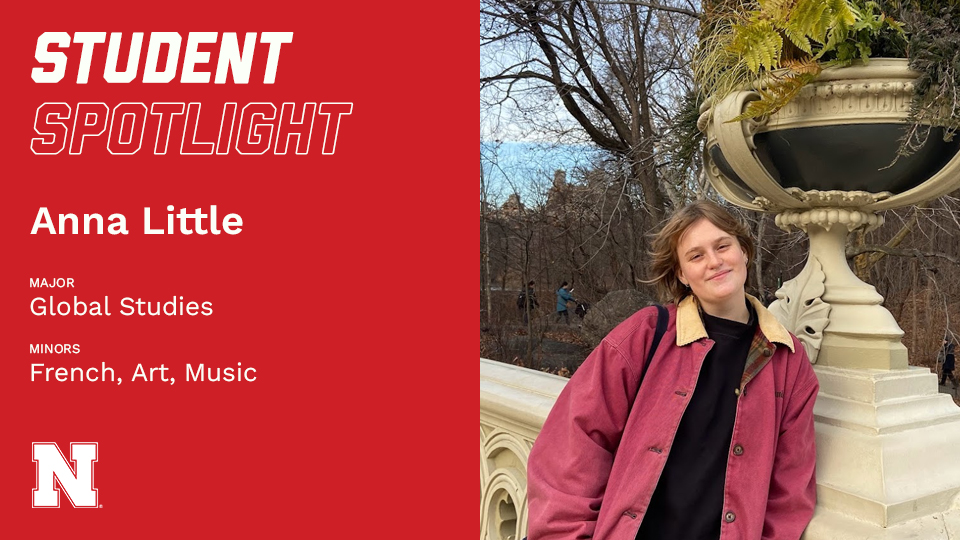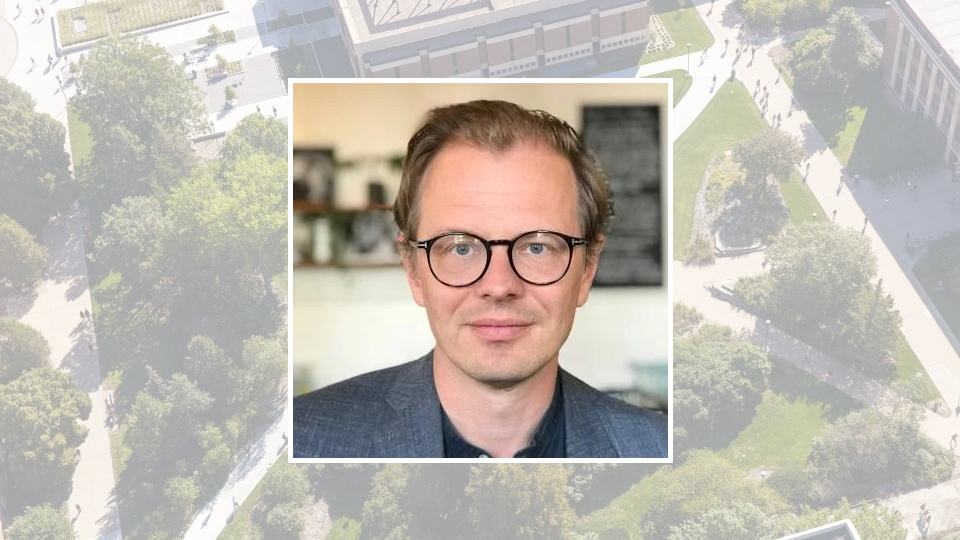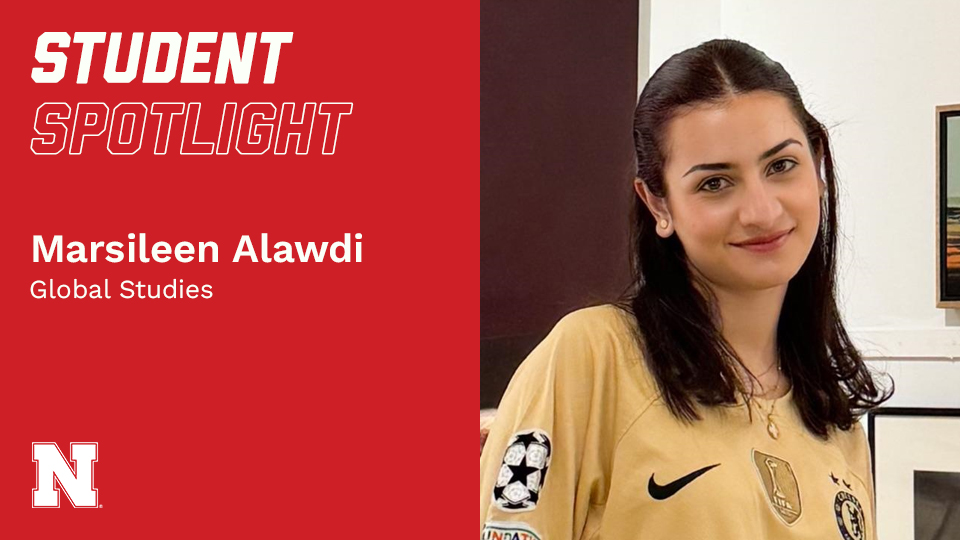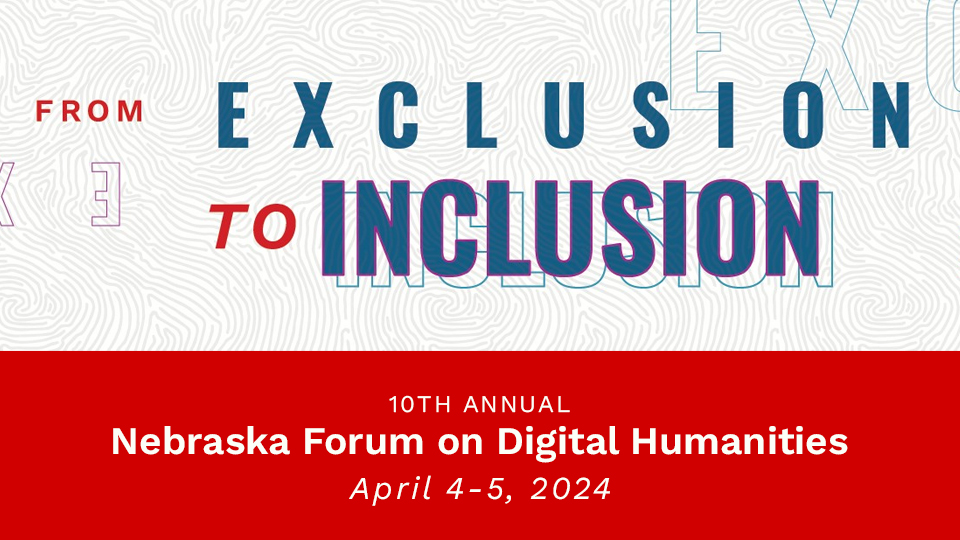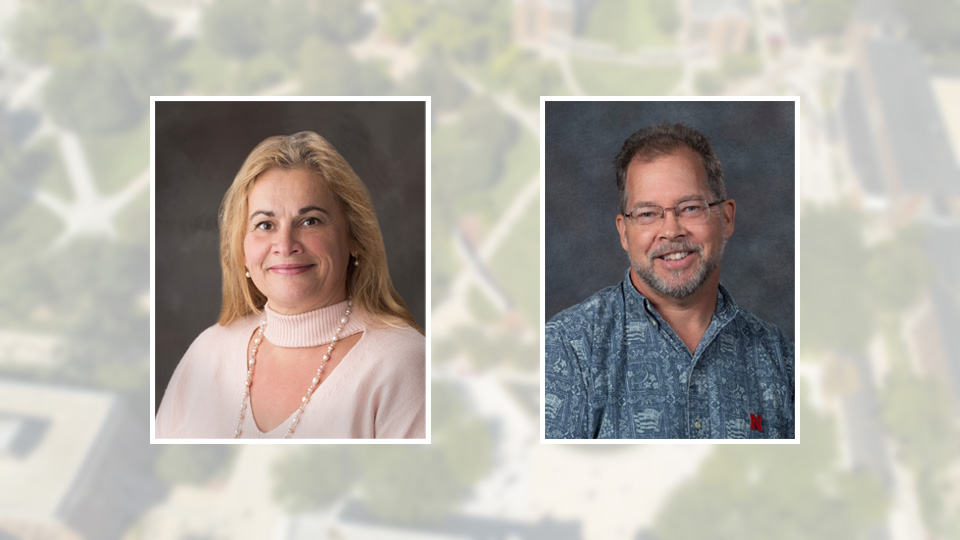
Sophia Perdikaris and William Belcher, faculty in the School of Global Integrative Studies (SGIS), will serve as principal (lead) investigator and co-principal investigator, respectively, for the project "IRES Track I: At the Frontier of Big Climate, Disaster Capitalism, and Endangered Cultural Heritage in Barbuda, Lesser Antilles." The funding comes from the National Science Foundation through the International Research Experience for Students (IRES) program and the Established Program to Stimulate Competitive Research (EPSCoR).
This project will provide participants in the IRES program with immersive field and laboratory experiences through the study of cultural horizons (time periods in which cultural styles or traits appear in an area) on the Caribbean island of Barbuda. Cultural heritage sites in the region are under threat from weather and developers rushing in post-disaster (in this case, Hurricane Irma) to claim property rights from communities in their most vulnerable socioeconomic state. Three cohorts of six graduate students will assess cultural heritage sites and gather base-line data for continued monitoring.
Students will develop processes for community-driven strategies for cultural heritage preservation in the face of tourism development and severe storm damage and generate meaningful scholarship for those working in cultural resource management, science education, and communicating research to public audiences.
In addition to reporting findings to Barbudan stakeholders and policy makers, students will be trained in interdisciplinary methodologies, cross-cultural communication practices, and global research ethics.
Perdikaris is director of SGIS and Happold Professor of Anthropology. As an environmental archaeologist, her work explores how heritage work can inform sustainability questions for the future. Belcher is a board-certified forensic anthropologist and environmental archaeologist with a specialty in animal bones from archaeological sites (zooarchaeology). His research focus includes the application of forensic anthropological methods to the identification of human remains.
SGIS, within the College of Arts and Sciences at the University of Nebraska–Lincoln, includes the anthropology, geography, and global studies programs.
Experiential Learning Details
Ultimately, students will learn how archaeological research informs environmental and cultural heritage policy and its real world impacts and applications.
- exploring the longue durée from a transdisciplinary viewpoint, from the first peopling of the Caribbean to the present day, to better address the unprecedented effects of the Anthropocene using a holistic perspective
- four weeks in the field and four weeks of online cohort-building with U.S. and international mentors
- collecting field data using methodologies from bioarchaeology, zooarchaeology, geoarchaeology, archaeomalacology, historical archaeology, photogrammetry, and critical museum studies
- hosted at the Barbuda Research Complex (BRC), the first non-profit scientific research facility established in Barbuda.
- mentored by BRC researchers and investigators as each focuses on a project within their specialization/expertise
- collaborating with investigators to disseminate their research after returning to their home institutions
